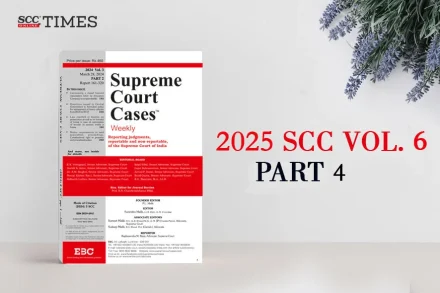
2025 SCC Vol. 6 Part 4
2025 SCC Vol. 6 Part 4: Explore the latest Supreme Court Cases on Constitution, Contract and Specific Relief, Arbitration, Enemy Property, IBC, Education Law, and Criminal Law.

2025 SCC Vol. 6 Part 4: Explore the latest Supreme Court Cases on Constitution, Contract and Specific Relief, Arbitration, Enemy Property, IBC, Education Law, and Criminal Law.
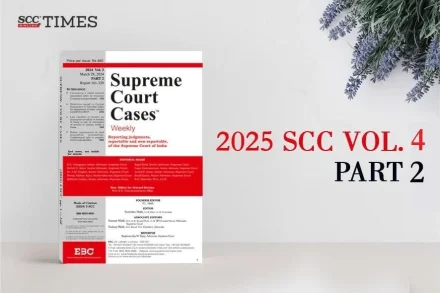
Central Sales Tax Act, 1956 — S. 8(5) (after 2002 Amendment) and S. 8(4) — Applicability of S. 8(5) after amendment to
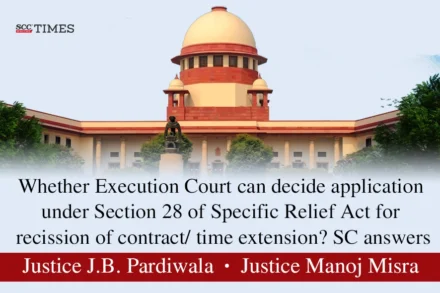
Dismissing the appeal, the Court opined that the respondents had all throughout shown their intention to pay the balance consideration for execution of the sale deed whereas the appellants appeared interested only in challenging the decree before higher Courts.
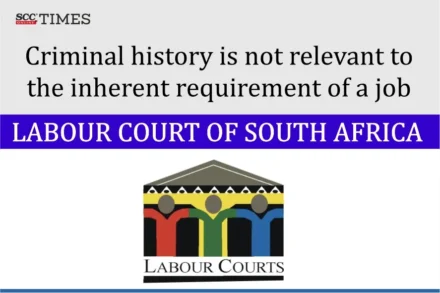
The Court held that Lexis Nexis’ decision to deny the applicant the job of Senior Data Discovery and Enrichment Expert I, on the sole basis of his criminal history, constituted unfair discrimination.

The agreement between the parties is not a contract between an employee-employer or a manager-sportsperson contract, rather they are commercial contracts entered into between parties with equal bargaining power and for mutual commercial benefit. Thus, the agreements between the parties are neither ‘excessively one sided’ nor they impose a ‘bondage’.
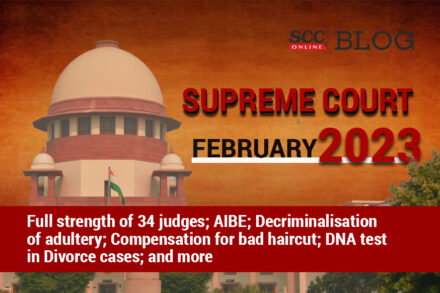
This roundup revisits the analyses of Supreme Court’s judgments/orders on validity of AIBE; ex-communication of Dawoodi Bohras; decriminalisation of adultery; permissibility of DNA test of children to prove allegations of adultery; and more. It also covers reports on the career trajectory & important decisions of Justice Surya Kant and Justice Dipankar Dutta and the newly appointed 7 judges of the Supreme Court; Explainers on important law points; and Cases Reported in SCC Weekly in the month of February.
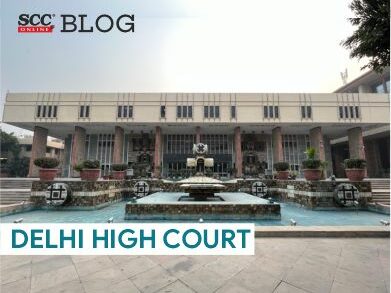
Grant of injunction in favour of the plaintiff company would cause irreparable injury to the Artist which cannot be compensated in monetary terms as he would be forced to continue with the contract of personal service even though mutual trust has been lost between parties.